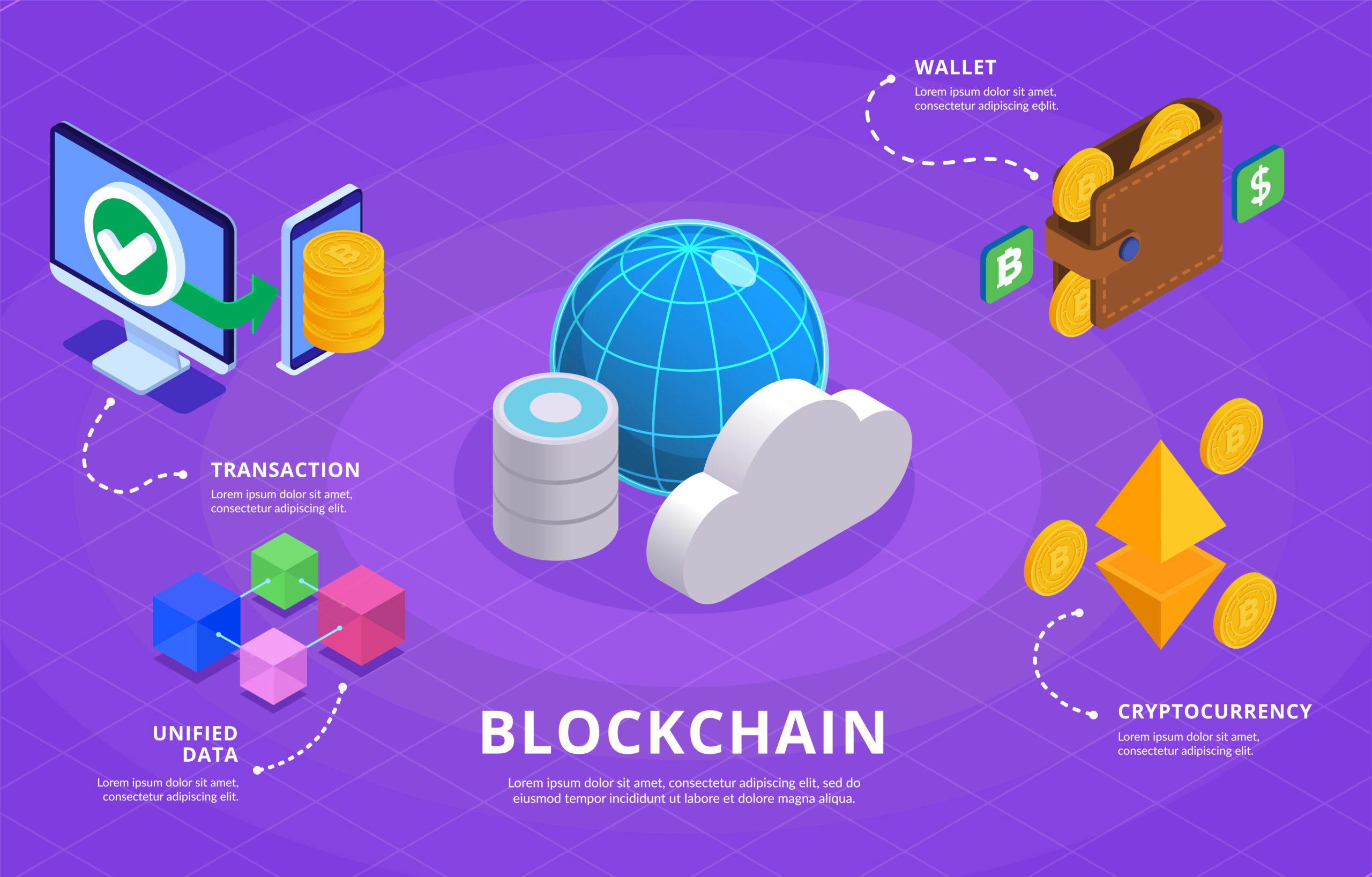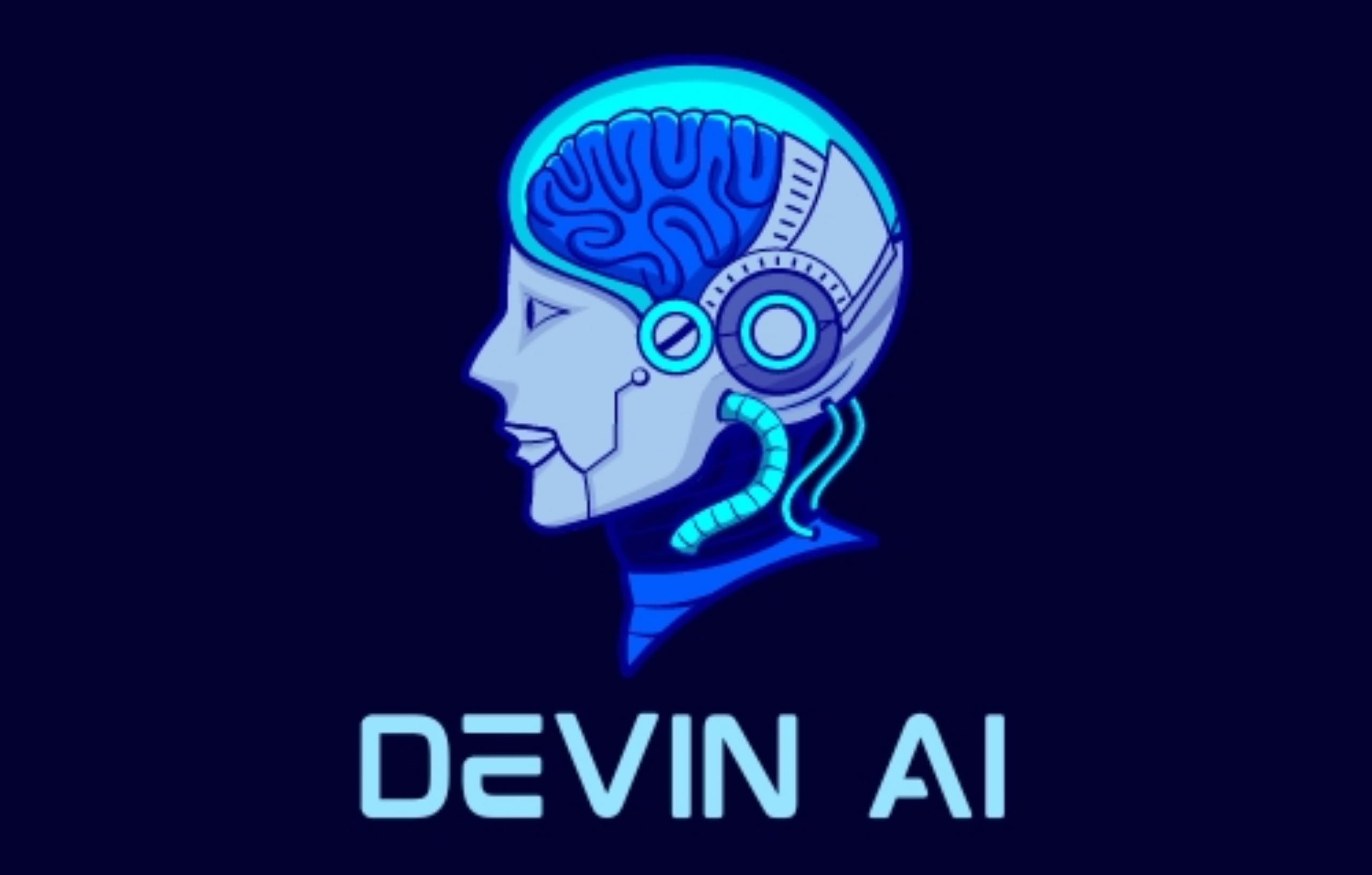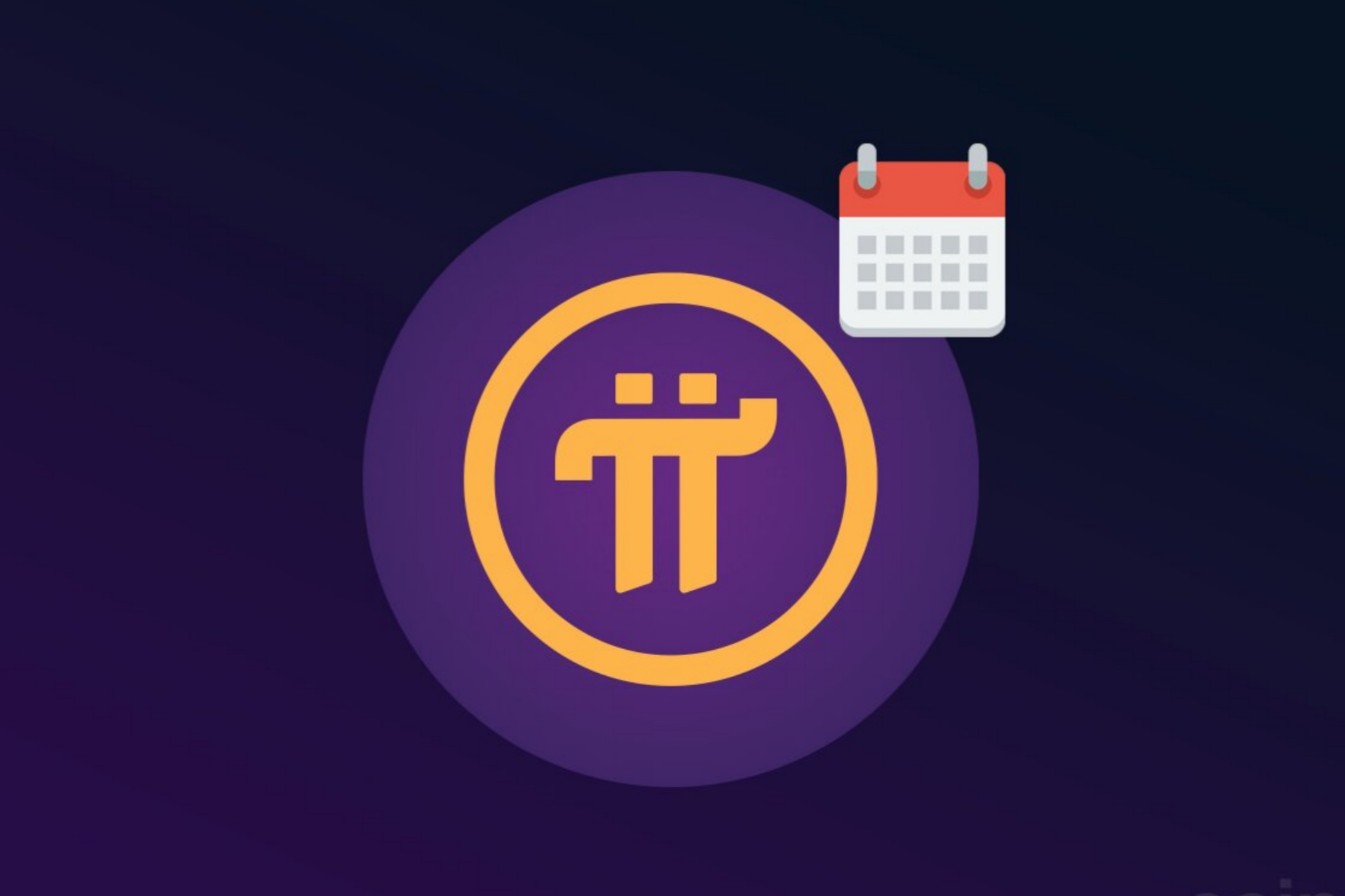Demystifying Blockchain: Exploring the Potential Beyond Cryptocurrency
In recent years, blockchain technology has captured the imagination of technologists, entrepreneurs, and innovators worldwide. While it’s most commonly associated with cryptocurrency, such as Bitcoin and Ethereum, blockchain’s potential extends far beyond digital currencies. In this blog post, we’ll delve into the fundamentals of blockchain technology and explore its diverse applications across various industries.
Introduction to Blockchain:
At its core, blockchain is a decentralized, distributed ledger that records transactions across a network of computers. Each transaction is stored in a “block,” which is linked to the previous block, forming a chain of blocks – hence the name blockchain. This structure ensures transparency, immutability, and security, making it an ideal solution for a wide range of applications.
Beyond Cryptocurrency:
While blockchain’s origins may lie in cryptocurrency, its potential applications are virtually limitless. From supply chain management and healthcare to voting systems and digital identity, blockchain technology has the power to revolutionize industries and reshape the way we interact with data and transactions.
Supply Chain Management:
One of the most promising use cases for blockchain is in supply chain management. By providing a transparent and immutable record of transactions, blockchain can enhance transparency, traceability, and accountability across the supply chain, from raw material sourcing to final product delivery.
Healthcare:
In the healthcare industry, blockchain has the potential to improve patient care, streamline administrative processes, and enhance data security. By storing patient records on a blockchain, healthcare providers can ensure data integrity, protect patient privacy, and facilitate interoperability between disparate systems.
Digital Identity:
Blockchain technology can also revolutionize digital identity management, providing individuals with secure, self-sovereign identities that they control. By storing identity credentials on a blockchain, users can access services and verify their identity without relying on centralized authorities, reducing the risk of identity theft and fraud.
Smart Contracts:
Smart contracts are self-executing contracts with the terms of the agreement written into code. These contracts are stored on a blockchain and automatically enforce the terms of the agreement when predefined conditions are met. Smart contracts have applications in a wide range of industries, including real estate, insurance, and finance.
Conclusion:
As blockchain technology continues to mature and evolve, its potential to revolutionize industries and transform the way we interact with data and transactions becomes increasingly apparent. From supply chain management and healthcare to digital identity and smart contracts, blockchain has the power to drive innovation, enhance efficiency, and empower individuals and businesses alike.
In future blog posts, we’ll dive deeper into specific applications of blockchain technology and explore how businesses can leverage this transformative technology to gain a competitive edge and drive meaningful change.
Stay tuned for more insights, case studies, and practical tips on harnessing the power of blockchain for success in the digital age!






